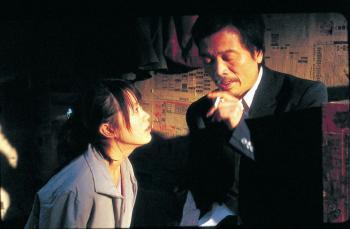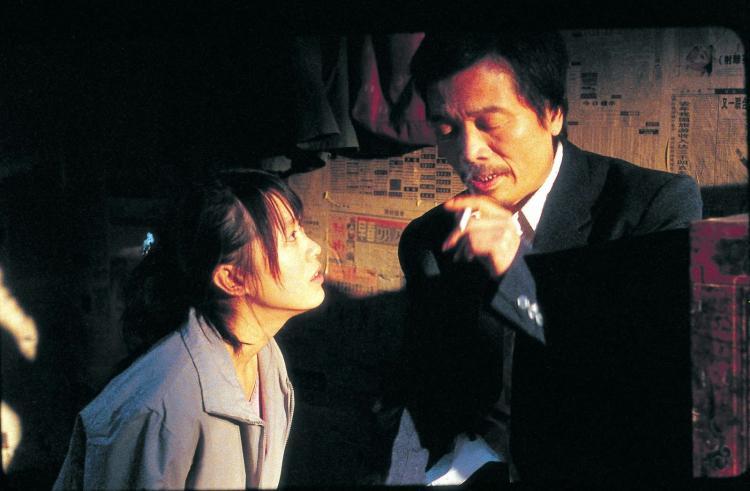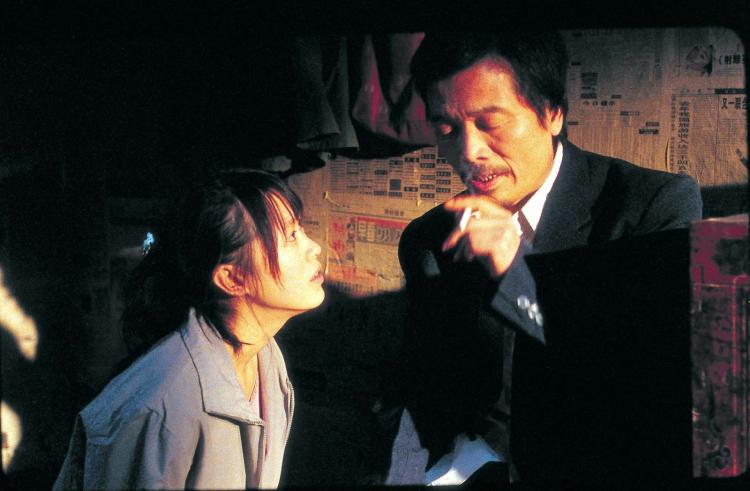The Qinling mountain region of China is striking, but lonely country. Though near the great former capital city of Xi'an, many residences still lack basic utilities—like electricity. Marriageable women are also scarce (as a result of the One-Child policy) and the rule of law is questionable, which is why white slavery has become a booming industry in rural China.
Based on director Li Yang’s extensive research, “Blind Mountain,” which is now available on DVD, is a visceral depiction of one such woman sold into a so-called marriage and the shocking callousness of those who refuse to assist her during her plight.
Pretty and university educated, Bai Xuemei is anxious to find work to help her family pay off her school debt. Naively, she is duped into accepting work with a man who claims to buy traditional herbal medicines from the remote provinces. However, during their first trip together, she is drugged and sold as a “bride” to a middle-aged farmer possessing no charm or empathy. Perhaps even worse is his severe mother, who acts as Bai’s principal minder and jailer.
Many women have been sold into slavery/marriage in their hamlet, so her captors expect events will conform to an established pattern. At first, Bai will try to escape, but without money, identification, or help from the locals, she will eventually get frustrated. When she finally becomes pregnant, her concern for the baby will ensure she remains.
Yet Bai proves to be heroically difficult to break. In an absolutely harrowing role, Huang Lu gives a devastating performance. Watching her ordeal is heart-rending and enraging. It is difficult to imagine any other screen character engendering such an intense emotional investment from the audience. Viewers will want Bai Xuemei to escape, desperately.
“Mountain” is a brutally realistic indictment of a cruel practice and the pervasive corruption that permits it. The China that emerges in Li’s film is one in which clueless Party inspectors are blind to crimes perpetrated under their very noses, and the local authorities venally side with the slave-holding husbands.
It is not a pretty picture, but the visual sense of Li and cinematographer Jong Lin is often quite arresting. The sweeping vistas of Qinling often dwarf the characters, emphasizing just how large a country China is and how difficult it would be to find someone in such a remote corner of the world.
“Blind Shaft,” Li’s first film, told the story of two criminals who seek to exploit Chinese coal mines’ notoriously dangerous working conditions out of simple greed. Together with “Blind Mountain,” the two movies appear to be pieces of a mosaic that might be called “Blind China,” where turning a sightless eye on widespread corruption and cruelty is the rule rather than the exception.
“Mountain” is a distinctly disturbing but relentlessly compelling film, elevated beyond the level of simple issue film by Li’s forceful direction and Huang Lu’s riveting lead performance.
Joe Bendel blogs on jazz and cultural issues at http://jbspins.blogspot.com and coordinated the Jazz Foundation of America’s instrument donation campaign for musicians displaced by Hurricane Katrina.






